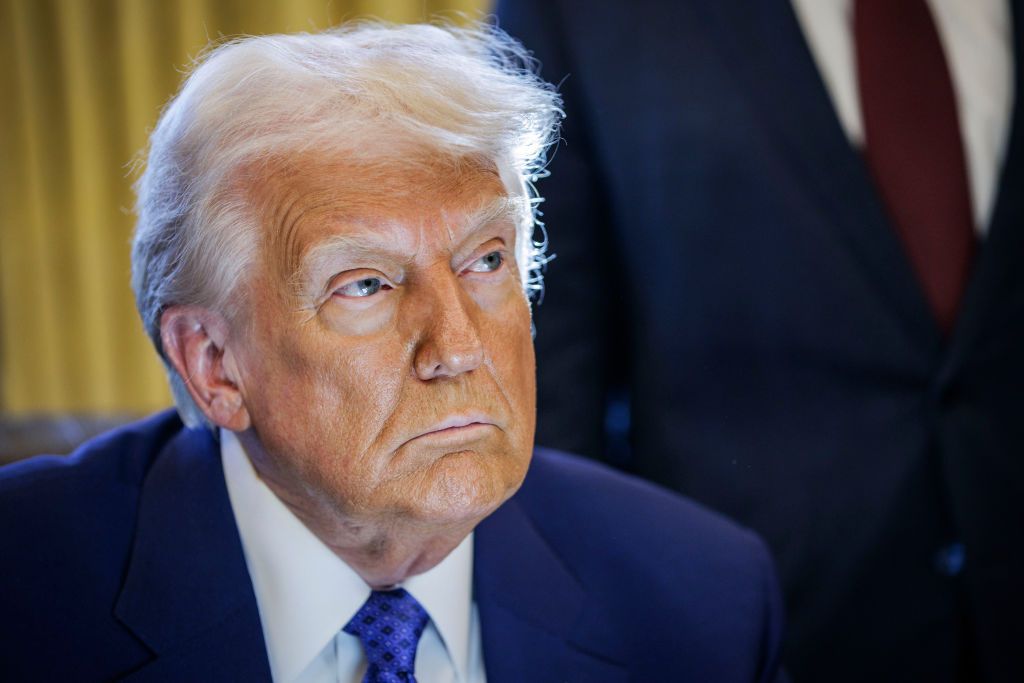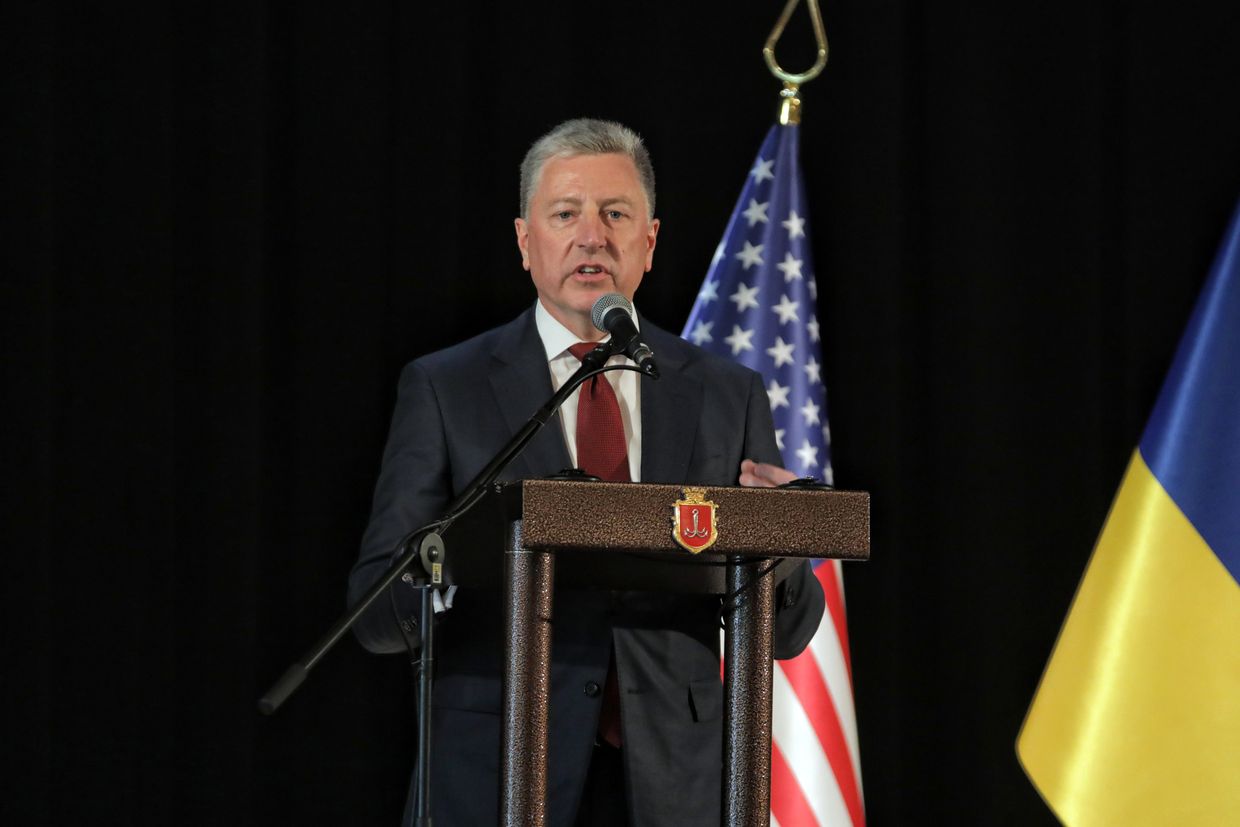US envoy Kellogg to visit Ukraine on Feb. 19

U.S. special envoy for Ukraine and Russia, Keith Kellogg, will arrive in Ukraine on Feb. 19, traveling by overnight train from Poland. His visit will last three days, though the schedule is still being finalized.
Speaking to journalists in Brussels on Feb. 17, Kellogg confirmed his travel plans, saying he would first head to Warsaw on Tuesday before taking a night train to Kyiv. "I’m taking the train tomorrow night and will be there (in Kyiv) on Wednesday morning," he said in response to a question from Interfax-Ukraine.
His meetings with Ukrainian officials are expected to focus on diplomatic and military support and potential pathways to peace.
Kellogg's visit comes at a critical time as the U.S. intensifies efforts to help end Russia's war in Ukraine. However, concerns are mounting in Kyiv and European capitals that they may be sidelined from crucial negotiations, potentially jeopardizing their interests and long-term regional security.
Kellogg did not confirm whether he would visit the front lines, as President Volodymyr Zelensky previously suggested. " I want to go to the front with him, and he will go to the front with me. I don't think he will refuse," Zelensky said on Feb. 17.
Kellogg added that his itinerary remains under discussion but confirmed meetings with Ukrainian officials. "Regarding my trip to Ukraine, it is still being finalized. Will I go? Yes. Will I meet with President Zelensky? Yes," he said.
Speaking during the Munich Security Conference on Feb. 15, Kellogg stressed that both Ukraine and Russia would have to make concessions to end the war.
"When you say concessions, of course, they're concessions that both sides are going to have to give," Kellogg said, without specifying what concessions the countries would have to make.
"If you think you're going to kill your way out of this, you're wrong because you have a lousy view of history," Kellogg continued, noting that Russia was "willing to sacrifice" large number of Russian soldiers on the battlefield, invoking memories of the 700,000 Russian soldiers lost in the Battle of Stalingrad during World War II.













